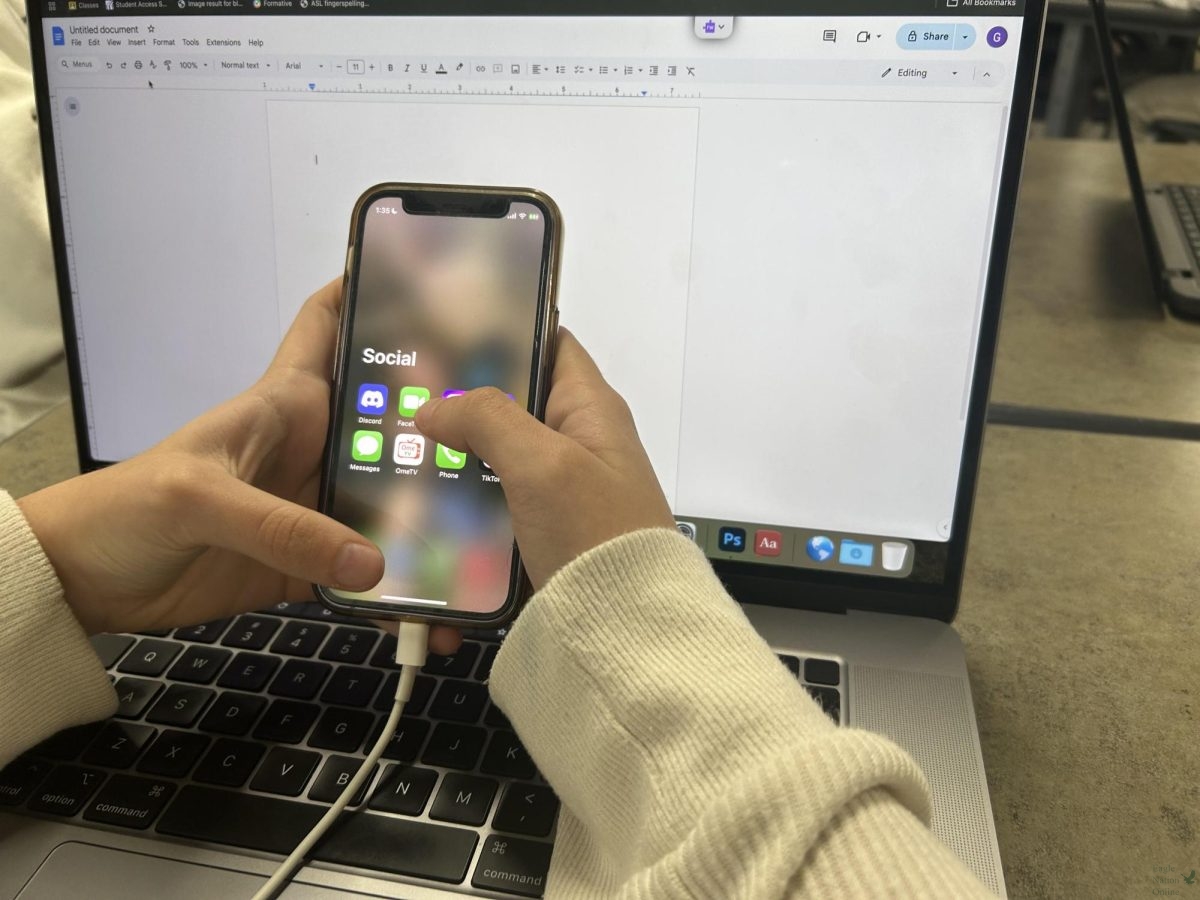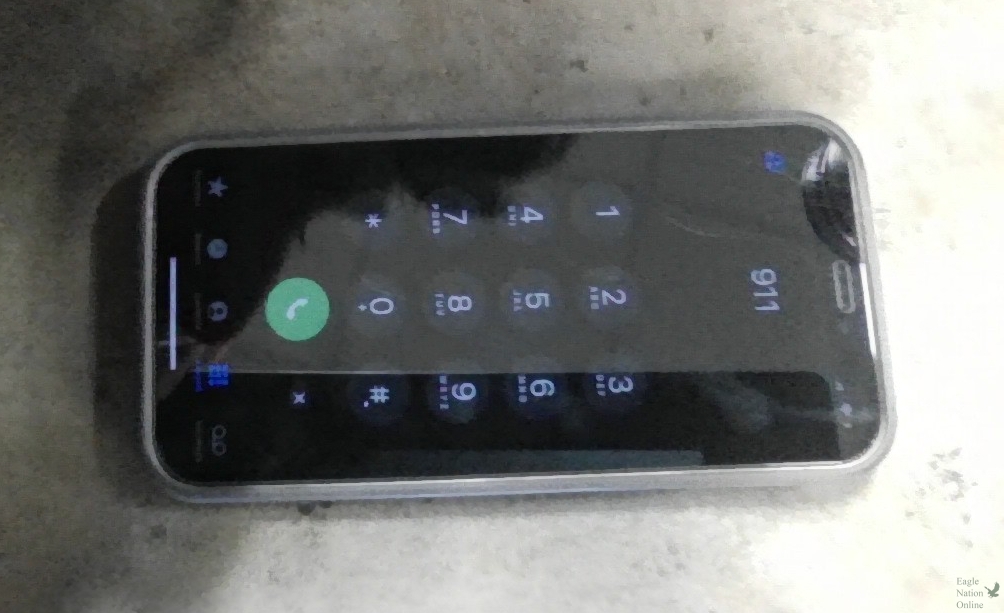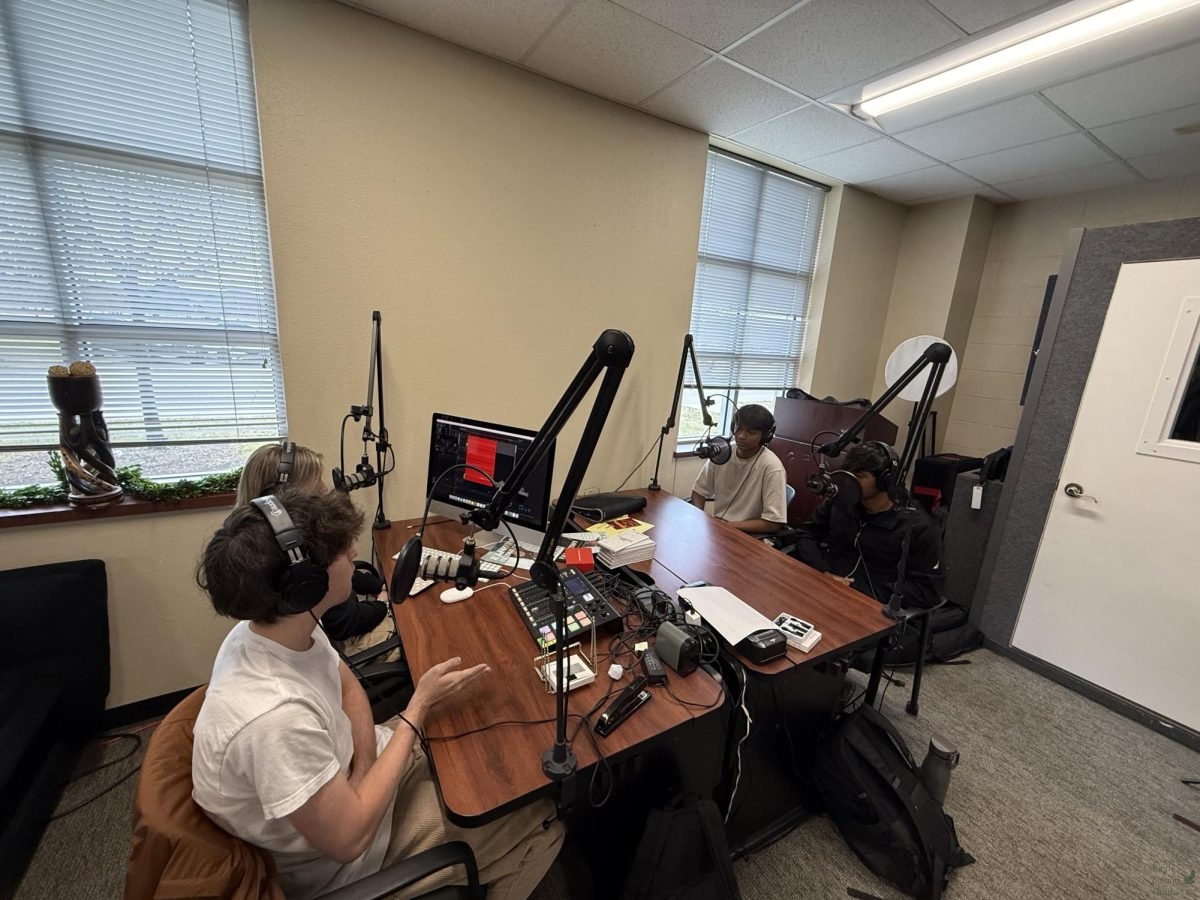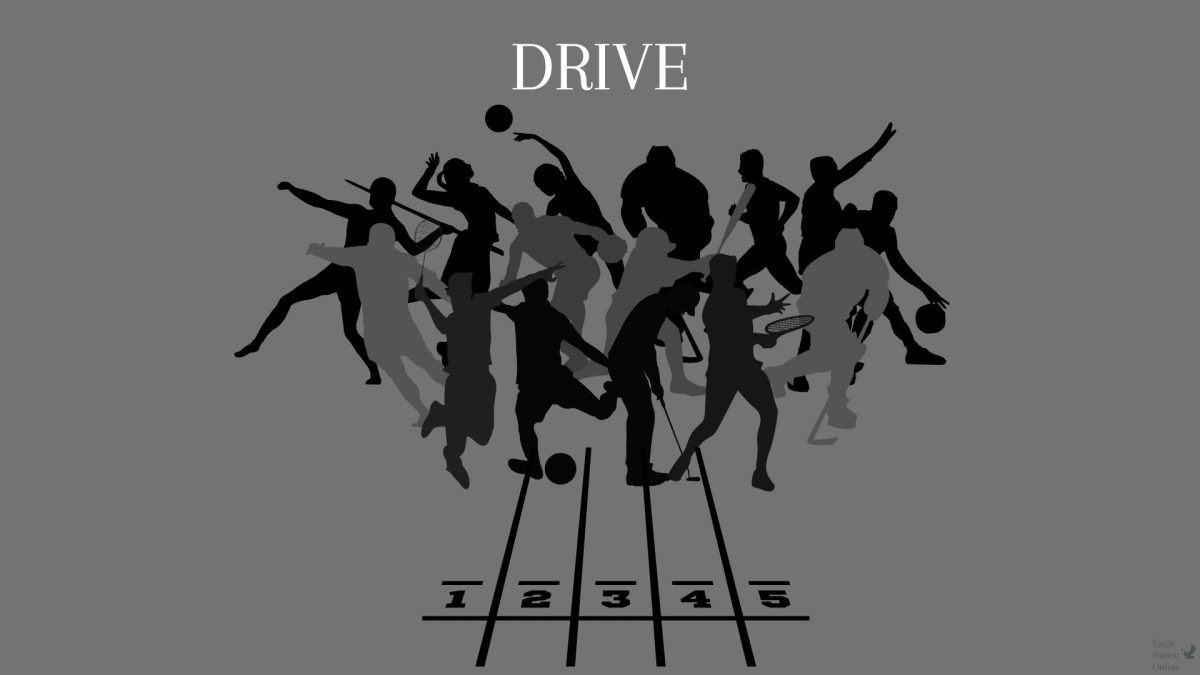Over the years, cell phones have been a distraction to students’ educational success. According to the American Psychological Association, 41% of teens on social media have resulted in poor mental health. Texas Education Agency commissioner Mike Morath voiced the negative effects of cell phone usage in classrooms. Morath suggested enforcing a law to ban cell phone use in public schools. Although it is unknown whether schools will pass the ban, lawmakers made the policy optional.
Public schools across Texas should begin to apply cell phone policies.
Cell phones have caused students’ academic performance to decline through the effects of social media for teens and pre-teens. Access to cell phones also implies being able to interact on social platforms during school hours. Cell phones being in an accessible range provokes students to use their phones often. This can lead to a decrease in student’s participation and productivity in the classroom. For example, if students have their phones during class, they are less likely to work with their peers during class, which blocks them from being able to build their communication and interaction skills. This could later on affect them years after they are done with school.
Additionally, the use of cell phones leads to shorter attention spans. When students get to use cell phones, it draws their attention away from the learning process. They get distracted by interactions through cell phones, and they get separated from the things happening around them. Implementing this policy can also teach students how to balance their social time with their education. For instance, having cell phones only during lunch and passing periods can teach students when it’s appropriate to be on a phone. However, without cell phones, students would gain a better focus on education and knowledge to build their educational achievements.
Furthermore, cell phones have reduced students’ literary skills in the classroom. Students don’t use literary skills when they use their phones, leading to a plateau in their reading. Literary skills are necessary in life outside of school. For example, in order to be successful through an interview, skills such as literary and comprehension skills are required. Without having the opportunity to build those skills, it can be harder to accomplish such goals. On the other hand, when students don’t have access to cellphones, their reading time increases throughout the school day which leads to improvement in their academics.
Students have opposed this policy because they believe not having access to their cellphones can lead to danger during unexpected events. Yet – the positive outcomes of the policy outweigh the negative side effects.
Public schools should consider implementing new cell phone policies. The policy will affect a student’s growth in learning by improving communication, focus and literary skills. Although it has drawbacks, the positive impact can support the student throughout life beyond high school.


















